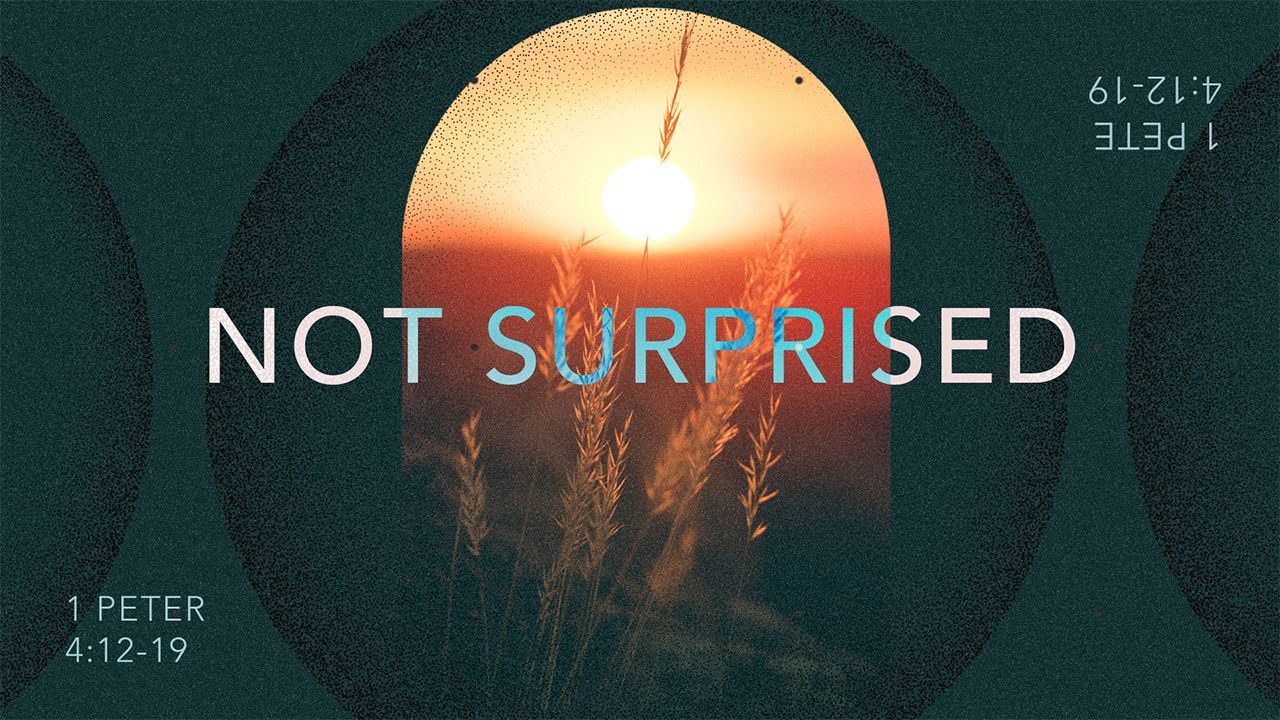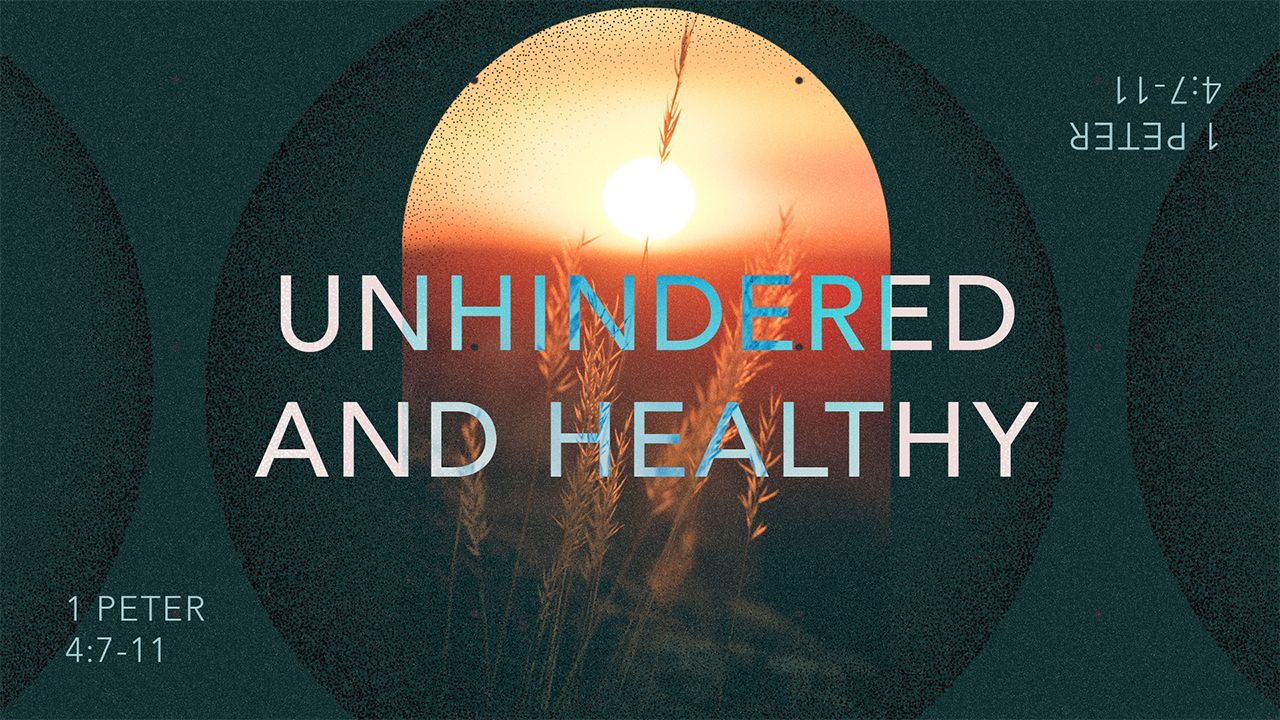Talking with your kids about racism
Stephanie Hamilton • June 10, 2020
I am the children’s minister at Crosspoint, but before that, I am a wife and a mom. Because of my multi-racial family, the topic of loving and respecting all races is near and dear to my heart.
Honestly, all the things happening in our world continue to be challenging for me to process. I am reminded of how important it is that we, as parents and as believers, have intentional conversations with our children. We need to teach them about how God views people of all skin colors and how this differs from the history of racism in our country. We must view our beliefs about other races, our actions, and our responses to others in light of the beauty and challenge of the gospel.
In case you need them, I want to put some resources in your hands to facilitate these conversations with your children. The article below is a great example of looking at racism through the lens of the gospel. The author references a book called “God’s Very Good Idea” by Trillia Newbell that celebrates diversity and God’s plan for many different races.
There’s also a great set of books called “The Gospel in Color. “ One book is for parents and one is for children. These resources are thought provoking and provide many sweet opportunities for healthy conversations.
I encourage you to be intentional to talk to your kids about these things and to pray together as a family for sensitivity to the Spirit’s leading as we ask our Father for peace & healing in our land.
Resources:
- This short blog post from the SBC is a great resource for parents.
- God's Very God Idea by Trillia Newbell
- The Gospel In Color by Jarvis Williams and Curtis Woods

Notes from Ky Martin's sermon on Sunday, June 29, 2025. Sermon text: 1 Peter 5:1-4 Gen. 1:1-2 In the beginning, God created the heavens and the earth. 2 The earth was without form and void, and darkness was over the face of the deep. And the Spirit of God was hovering over the face of the waters. 3 And God said, “Let there be light,” and there was light. Churches should be led by a plurality of elders. Acts 11:30, Acts 14:23, Acts 15, Acts 16:4, Acts 17:1, Acts 20:28, Acts 21:17, Philippians 1:1, 1 Timothy 3:2, 1 Timothy 4:14, 1 Timothy 5:17, Titus 1:5, Titus 1:7, James 5:14 Instructions for Pastors: Shepherd God’s flock The words “God’s flock” remind the elders that the congregation does not belong to them. It is God’s church, and they are given the privilege and responsibility of shepherding it. -Thomas R. Schreiner Exercise oversight Oversee willingly (not under compulsion) 1 Cor. 9:16 For if I preach the gospel, that gives me no ground for boasting. For necessity is laid upon me. Woe to me if I do not preach the gospel! Oversee eagerly (not for shameful gain) 2 Cor. 2:17 For we are not, like so many, peddlers of God’s word, but as men of sincerity, as commissioned by God, in the sight of God we speak in Christ. Lead by example (not domineering) Strive for Humility 1. Pure Christian humility disposes a person to take notice of everything that is good in others, and to make the best of it, and to diminish their failings. - Jonathan Edwards The Chief Shepherd is Coming Shepherds God’s flock Exercises oversight 1 Peter 2:25 For you were straying like sheep, but have now returned to the Shepherd and Overseer of your souls. Oversees willingly (not under compulsion) Oversees eagerly (not for shameful gain) 2 Corinthians 8:9 For you know the grace of our Lord Jesus Christ, that though he was rich, yet for your sake he became poor, so that you by his poverty might become rich. Leads by example (not domineering) Hebrews 2:8b-9 we do not yet see everything in subjection to him. 9 But we see him who for a little while was made lower than the angels, namely Jesus, crowned with glory and honor because of the suffering of death, so that by the grace of God he might taste death for everyone. Discipleship Questions: What are some of the benefits of having multiple elders? How would you define the job / responsibilities of an elder? If you were to move to a new area tomorrow, what would you be looking for in a new church? Why, do you think, the “younger” are specifically instructed to be subject to the elders? How does someone who is “clothed in humility toward one another” behave in the church? Out of the five pastors at Crosspoint, who is your favorite? (just kidding, don’t ask that).

Notes from Lance Shumake's sermon on Sunday, June 22, 2025. Sermon text: 1 Peter 4:12-19 We shouldn’t be surprised when we encounter suffering John 15:18–20 [18] “If the world hates you, know that it has hated me before it hated you. [19] If you were of the world, the world would love you as its own; but because you are not of the world, but I chose you out of the world, therefore the world hates you. [20] Remember the word that I said to you: ‘A servant is not greater than his master.’ If they persecuted me, they will also persecute you. 2 Timothy 3:12 Indeed, all who desire to live a godly life in Christ Jesus will be persecuted We can rejoice knowing we are sharing in Christ’s suffering Matthew 5:11–12 [11] “Blessed are you when others revile you and persecute you and utter all kinds of evil against you falsely on my account. [12] Rejoice and be glad, for your reward is great in heaven, for so they persecuted the prophets who were before you. We don’t bring glory to God when we suffer for doing wrong We should choose to glorify God instead of being ashamed We should live in light of the coming judgment of God “Peter shows the meaning of our suffering from two sides. First, our suffering for Christ finds its significance in Christ’s suffering for us. We share now in suffering for him as we shall one day share in glory with him (4:13; 5:1). Secondly, our suffering does not destroy us, but purifies us. The fire of God’s judgment that we endure is not the fire of wrath that will consume the unbelieving.” —Edmund P. Clowney, The Message of 1 Peter We can entrust our souls to our faithful Creator Discipleship Questions: Why is it our tendency to be surprised when we encounter suffering? What are some reasons for rejoicing when you encounter suffering? Why is it so tempting to classify all suffering as persecution, even when we suffer for doing wrong? How can you resist feeling ashamed when you suffer for being a Christian? How do you think God uses suffering to purify His church? How does entrusting your soul to God help you find hope?

Notes from Scott Sutton's sermon on Sunday, June 15, 2025. Sermon text: 1 Peter 4:7-11 Would you know if your prayers were hindered? How would you know? What causes prayers to be more fruitful? What causes prayers to be interrupted? What hinders our prayers? Not living with your spouse in an understanding way A lack of sober mindedness and self-control Hindered prayers hurt our relationships A lack of self-control… letting your flesh rule you will never result in healthy relationships. A lack of sober mindedness… letting your thoughts rule you will never result in healthy relationships. Self-control and sober minded prayer are those inward things that result in outward expressions. They ready us to set our focus and affections on other people. Application: Keep loving one another earnestly Aim to cover a multitude of sins Make your home available to others Make your gifts available to others Speaking Serving Discipleship Questions: Have you ever become aware that your prayers are hindered? How did you know? What are some practical steps that we can take to strengthen our prayer lives? How do hindered prayers hurt our relationships? How do unhindered prayers strengthen our relationships? What are some practical ways that we can aim to cover a multitude of sins? Define at least 2 practical ways in which you will make your home and your gifts available to others this week. How has your life been impacted by others who have made their homes and their gifts available to you?


